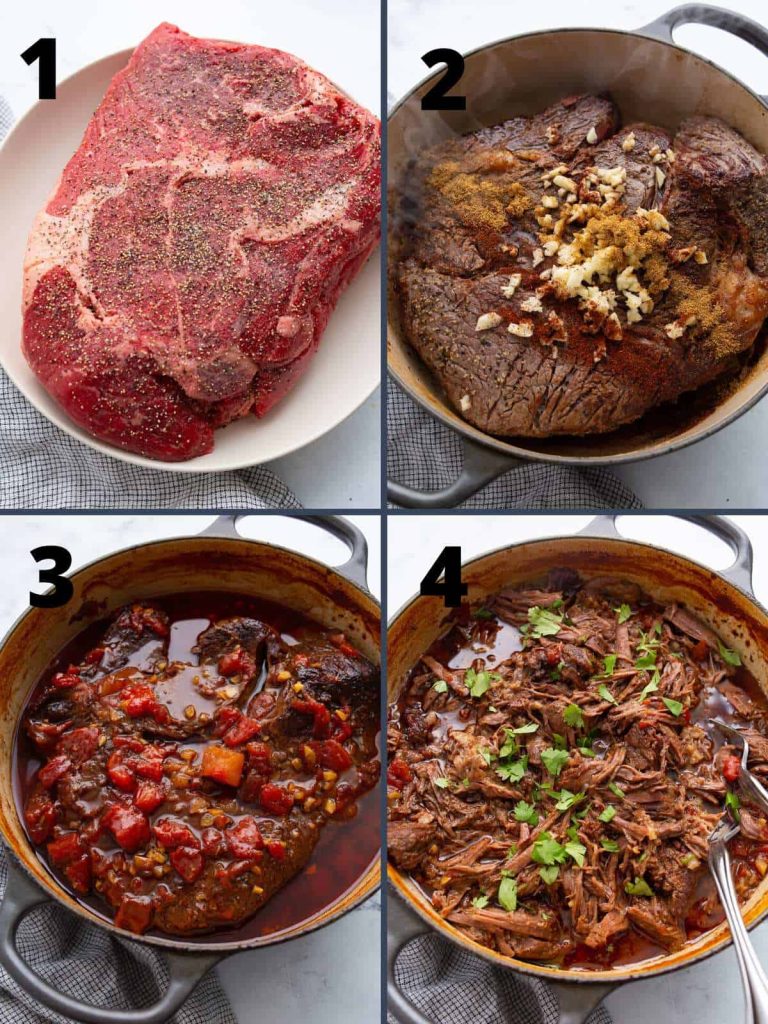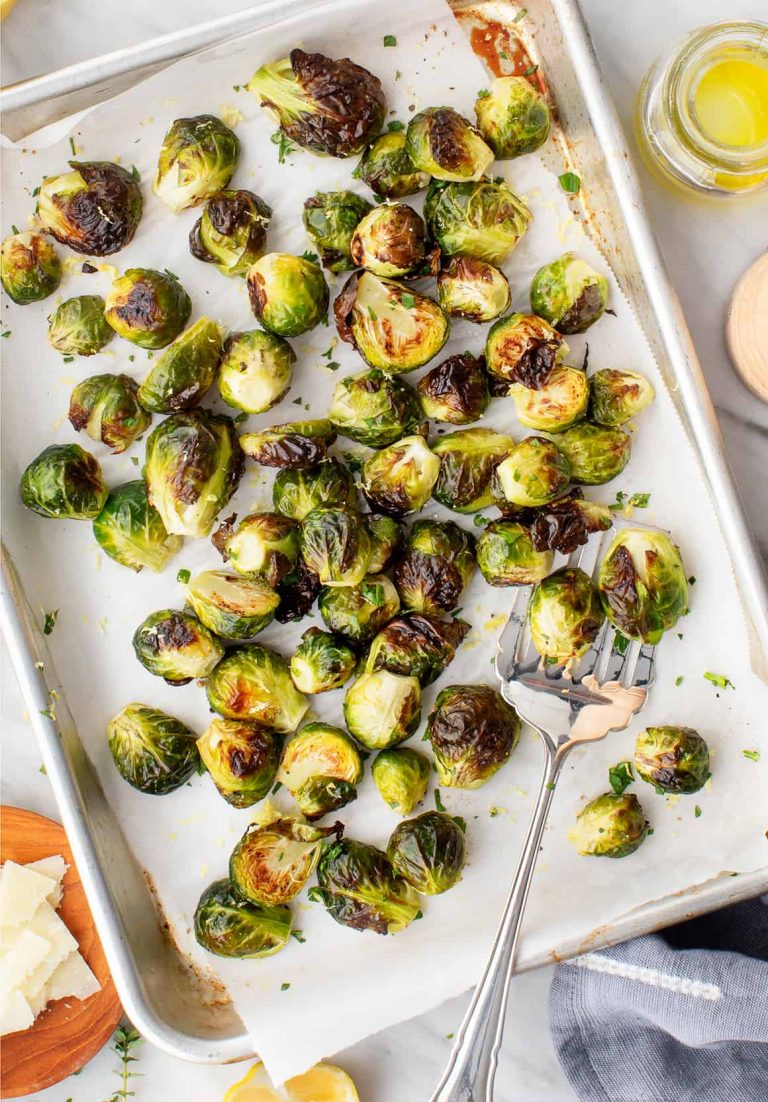Mediterranean Chicken: Recipes, Tips, and Health Benefits
Mediterranean chicken draws its roots from the culinary traditions of countries around the Mediterranean Sea, including Greece, Italy, Spain, and Turkey. Originating from a region known for its diverse use of fresh produce, lean proteins, and olive oil, Mediterranean chicken showcases these ingredients prominently. Ancient Greeks and Romans used similar cooking methods, combining chicken with herbs and spices like oregano, thyme, and garlic, making it a staple in their diets.
Evolution Through the Ages
Over centuries, Mediterranean chicken has evolved as various cultures added their culinary touches. In the Middle Ages, the introduction of new spices such as saffron and cinnamon influenced Mediterranean recipes, adding complexity to the flavors. By the Renaissance, trade routes brought additional ingredients like tomatoes and peppers from the Americas, which were swiftly integrated into Mediterranean cooking. Today’s Mediterranean chicken often includes a blend of traditional and modern elements, combining time-honored techniques with contemporary ingredients for a dish that is both classic and innovative.
Key Ingredients in Mediterranean Chicken
Importance of Olive Oil and Herbs
Olive oil, a staple in Mediterranean dishes, enhances the flavor and texture of Mediterranean chicken. It’s rich in healthy fats, making it a heart-friendly choice. Extra virgin olive oil, due to its superior quality, is often preferred. Key herbs like oregano, thyme, rosemary, and basil are indispensable. Oregano, known for its robust flavor, complements chicken well. Rosemary adds an aromatic touch, while thyme offers subtle earthiness. Basil brings a fresh, slightly sweet taste that balances other flavors.
Variety of Vegetables Used
Mediterranean chicken typically includes a diverse range of vegetables. Bell peppers, with their sweet crunch, add vibrant color. Tomatoes, fresh or sun-dried, contribute tanginess and moisture. Zucchini and eggplant bring a tender texture and mild flavor. Red onions, slightly sweet and crisp, enhance the dish. Artichokes, often marinated, provide a unique, rich taste. Olives, both green and black, add briny depth. These vegetables not only add flavor but also boost the nutritional value of the dish.
Health Benefits of Mediterranean Chicken
Nutritional Profile
Mediterranean chicken provides a rich concentration of essential nutrients. Each serving contains high-quality protein that aids muscle repair and growth. Olive oil is an excellent source of monounsaturated fats that are healthier for your heart. Fresh vegetables like bell peppers and tomatoes supply vitamins A and C, enhancing immune function. Whole grains such as quinoa or brown rice, often accompanying these dishes, offer complex carbohydrates and fiber. This nutrient-rich composition not only enhances energy levels but also supports overall body function.
Impact on Heart Health
Mediterranean chicken positively influences heart health. Monounsaturated fats in olive oil reduce bad cholesterol levels, lowering the risk of heart disease. Omega-3 fatty acids found in ingredients like olive oil and certain vegetables can reduce inflammation. Antioxidant-rich herbs like oregano and rosemary further protect the cardiovascular system by preventing oxidative stress. Incorporating Mediterranean chicken into your diet can help manage blood pressure due to the balanced use of herbs and spices, reducing the need for added salt. These combined elements contribute to a heart-healthy diet that’s both delicious and nutritious.
Popular Mediterranean Chicken Recipes
Classic Chicken Gyros
Classic chicken gyros offer a quintessential taste of Greece. Chicken breast, marinated in a mix of olive oil, lemon juice, garlic, and oregano, forms the core of this dish. Grilling the chicken gives it a smoky flavor. Serve the grilled chicken in warm pita bread, layering it with fresh vegetables like lettuce, tomatoes, and red onions. Top it with a dollop of tzatziki sauce made from Greek yogurt, cucumbers, garlic, and dill. This combination creates a balanced meal with protein, healthy fats, and fiber.
Mediterranean Chicken Skillet
Mediterranean chicken skillet is an easy one-pan meal, perfect for busy weeknights. The dish features chicken thighs seared until golden brown, combined with ingredients like cherry tomatoes, Kalamata olives, artichoke hearts, and spinach. These components simmer in chicken broth and white wine, creating a flavorful and aromatic sauce. Enhance the taste with fresh herbs like thyme and rosemary. This recipe provides a complete, nutritious meal rich in vitamins, minerals, and antioxidants, delivered with robust Mediterranean flavors.
Culinary Techniques for Perfect Mediterranean Chicken
Marinating Methods
In Mediterranean cuisine, marinating is essential for infusing chicken with deep flavors. Use olive oil, lemon juice, and garlic as a base. Add herbs like oregano, thyme, and rosemary to create an aromatic mix. Ensure the chicken rests in the marinade for at least 30 minutes. For optimal results, leave it overnight. This allows the flavors to penetrate the meat thoroughly.
Cooking Techniques
Grilling and baking are popular methods for Mediterranean chicken. Grilling imparts a smoky flavor. Preheat the grill to medium-high and cook each side for about 6-8 minutes. Ensure the internal temperature reaches 165°F. For baking, preheat the oven to 375°F. Bake the chicken for 25-30 minutes until it’s golden brown. These techniques preserve the moisture and enhance the flavor, ensuring tender, delicious chicken.
Conclusion
Mastering Mediterranean chicken opens up a world of vibrant flavors and health benefits. By using fresh ingredients like olive oil, herbs, and vegetables, you can create a dish that’s both delicious and nutritious. The marinating techniques and cooking methods discussed ensure your chicken is always tender and flavorful. Whether you’re grilling to achieve that perfect char or baking for a golden brown finish, these steps will elevate your Mediterranean chicken to new culinary heights. Enjoy experimenting with these techniques and savor the rich, heart-healthy flavors of this classic dish.






